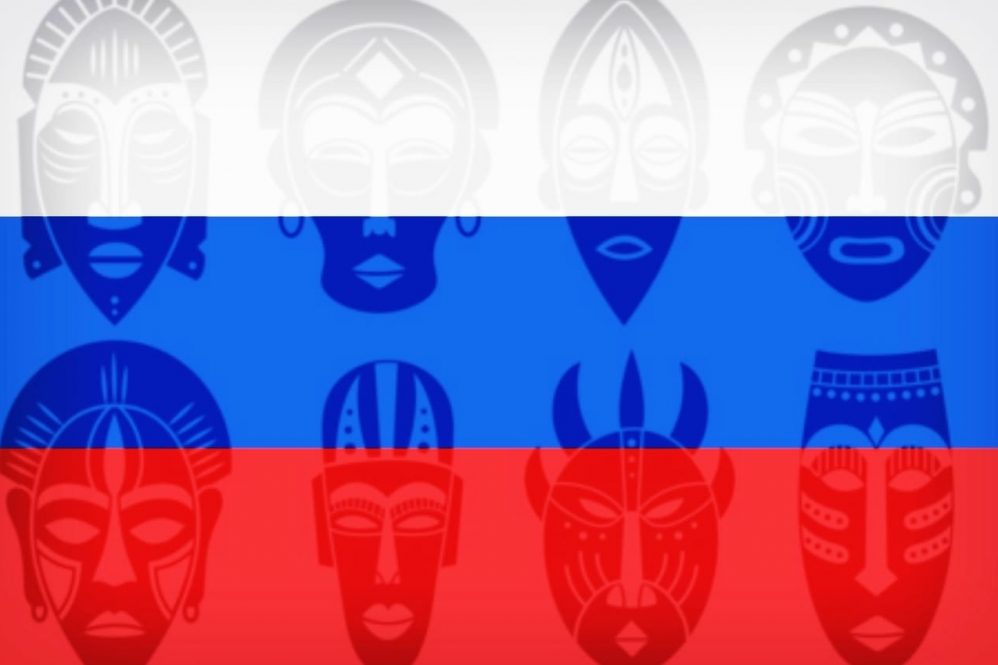An article written by Clélia Frouté and Sara Brouwers-Espinosa
At a press conference on Tuesday 26 July in Yaoundé, President Emmanuel Macron, on a visit to Cameroon, then to Benin and Guinea-Bissau, stressed the importance of the issue of Russia’s involvement in Africa. He accused African countries of hypocrisy in refusing to take a stand against Russia and calling the conflict in Ukraine a war, and spoke of “diplomatic pressure” on these African countries, notably by claiming that Russia is using the global food crisis as a “weapon of war”. This statement demonstrates a fundamental concern of France, and more broadly of the “West”, about its loss of influence on the African continent. On this occasion, the French president was reminded that it was of great importance in his relations with Cameroon to “acknowledge the crimes of colonial France”. For its part, the Malian junta was quick to denounce the French military presence on its soil through Operation Barkhane, going so far as to present the operations as “acts of aggression” and violations of the country’s sovereignty to the UN Security Council. It is because of this heavy legacy that France, like other former colonial powers, is handicapped in its dealings with its African partners. At the same time that Emmanuel Macron describes African countries that are reluctant to speak out clearly against Russia as hypocritical, it is the “West” that is bearing the heavy burden of its colonial past and is being denounced for its double standards. African opinion also sees a certain hypocrisy in Europe’s positioning in the face of the Ukrainian conflict, with some describing its presence in Africa as neo-colonial*, and therefore hardly in keeping with the values it puts forward to defend its position vis-à-vis Russia. Moscow sees this as an opportunity to encourage African countries to detach themselves from French and Western hegemony and to present itself as an alternative, which makes it a privileged competitor of China, which is already well established on the African continent. At the same time, Russian Foreign Minister Sergei Lavrov played the same game, visiting Egypt, the Republic of Congo, Uganda and Ethiopia between July 24 and 28, 2022. This Russian visit was intended to reassure its African partners, who are heavily dependent on imports of Ukrainian grain, Russian wheat, fossil fuels and fertilisers. He took the opportunity to blame the “Westerners” for the rise in energy, grain and food prices. It is clear that the actions and speeches of both parties reflect the battle for influence that Russia and the “West” are engaged in, with the aim of mobilising African allies and partners on a permanent basis in the future.
Russia-Africa relations before the conflict:
political and economic implications of the last decades
A breeding ideological ground in the formation of Russia-Africa relations
It is essential to shed light on the real relationship between the African continent and Russia, which was formed through strategic and political partnerships, particularly in the decolonisation process that shook Africa during the Cold War. Marxist-Leninist and more broadly communist ideological movements accompanied many opposition groups for the liberation of African nations, supported in principle or more concretely by the USSR.
In the 1940s-50s, African political and trade union leaders, and in the front line of the anti-colonial front, students, were fascinated by Marxist thought and the Socialist International,
Vous devez souscrire à un abonnement EurasiaPeace pour avoir accès au contenu - Prendre votre abonnement







